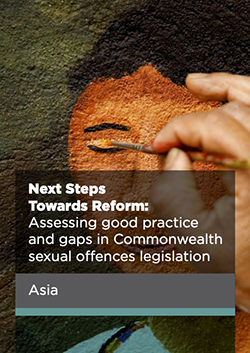2020
The US Department of State report notes that there were no reports of arrests or prosecutions for consensual same-sex conduct. There had been no such reports since the 2015 iteration of this report. Conversely, there were reports of people being arrested for wearing clothing deemed inappropriate for one’s sex, and foreign residents had previously been deported for this reason.
2017
In August, UAE police detained two Singaporeans in a shopping mall, a cisgender male photographer and a trans woman. A court convicted them of crimes and sentenced them to one year in prison “for attempting to resemble women.” The UAE deported them on August 28 after they spent nearly three weeks in custody, much of that time in a cell they said was designated for “effeminate” people.
In October, a British man was arrested for touching another man’s hip in a bar in an apparent effort to avoid spilling a drink. He was sentenced to three months’ imprisonment for ‘indecency’.
2014
A report by the Fahamu Refugee Programme indicates that the death penalty has never been applied for consensual same-sex sex.
It was reported in March that the sentence of two men for ‘sodomy’ charges had been upheld by the Federal Supreme Court. They were sentenced to six months’ imprisonment and deportation, after having been subjected to forensic tests which allegedly ‘proved’ the acts.
2013
The US Department of State report found that the law is actively enforced, with individuals being prosecuted during the year, including a Kenyan national who was entrapped through an online dating service. According to the report, a number of individuals were forced into “psychological treatment” and “counselling” against their will. These practices have long been recognised in the UAE. The government also allegedly took legal action against individuals accused of ‘cross-dressing’.
In 2013, one man was allegedly placed on trial for a “gay” handshake.
2012
In March, it was reported by a local LGBT group that 30 people had been arrested at a private party in Dubai for being gay. The Police Chief later denied that this was true.



